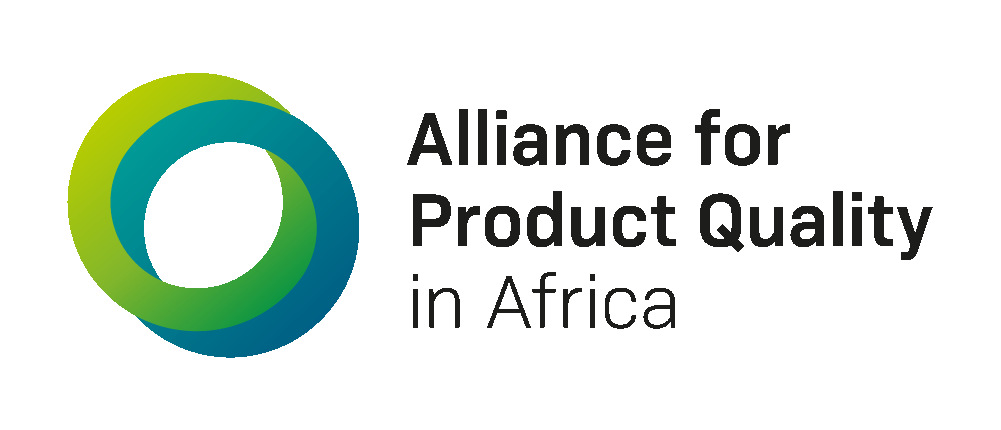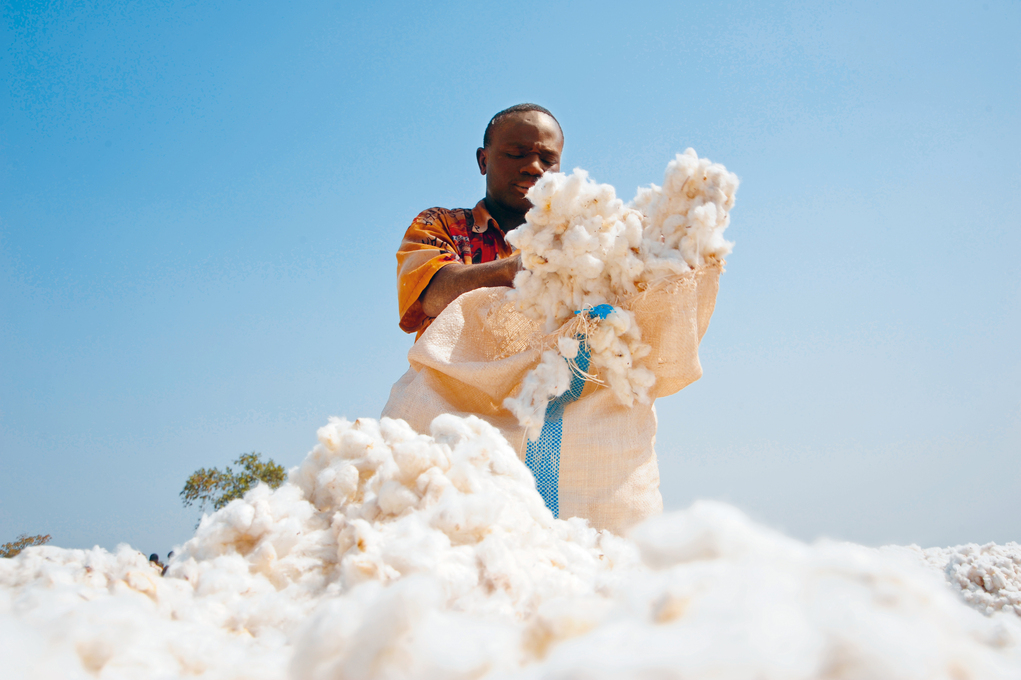Stakeholders develop measures to improve quality infrastructure for organic cotton
As an agricultural country, Ethiopia is particularly known for the export of coffee, tea, and spices. However, cotton cultivation and processing also have a long tradition and a steadily growing export market. The global demand for organic cotton is increasing at a rapid speed. The Ethiopian government is aware of this: In 2017 it adopted a national cotton development strategy. The aim of the strategy is to establish Ethiopia as the world's leading producer of sustainable and high-quality cotton by 2032.
A functional system of quality infrastructure (QI) services is needed to build sustainable cotton production and participate in the export market. These include, for instance, seed testing, pesticide residue analysis or quality assurance measures. Since such services cannot be provided locally or sufficiently, manufacturers have to send their products abroad for testing to prove export quality. This increases costs, coordination efforts and the risk of delays in operations. As a result, Ethiopia loses its attractiveness as a location for organic cotton production.
To tackle this problem, the Ethiopian Textile Industry Development Institute (ETIDI) and the Alliance for Product Quality in Africa are working together. Their aim is to develop measures to improve QI services for organic cotton and coordinate their implementation in a multi-stakeholder process.
After intensive preparatory work, the time had come on June 1 and 2, 2022: ETIDI and the Alliance invited stakeholders from the public, private and civil society sectors to two virtual half-day workshops. The goal was to identify gaps in QI services for organic cotton and develop cross-sectoral solutions. Participants included representatives from Ethiopia's QI institutions, the Ministry of Agriculture and Industry, the Ethiopian Textile Association, the Institute of Textiles and Fashion (Bahir Dar University), companies such as H&M, and non-profit organizations such as Pan-Ethiopia and Solidaridad. The representative of H&M gave a guest lecture on quality requirements of international buyers from the private sector. The two workshop days ended with a draft of a cross-sector action plan and the establishment of a follow-up committee. In the next six months, the committee will take care of the concretization of the measures as well as their practical implementation. The Alliance will make its contribution within the framework of German development cooperation and support specific measures to improve QI services.
The project will strengthen the value chain for organic cotton in the long term, thus unleashing potential for new jobs and income opportunities. In addition, the textile sector in Ethiopia is supported on its way to a sustainable transformation. Ethiopia hereby sets a positive example for green employment promotion in cotton producing and textile processing countries.




